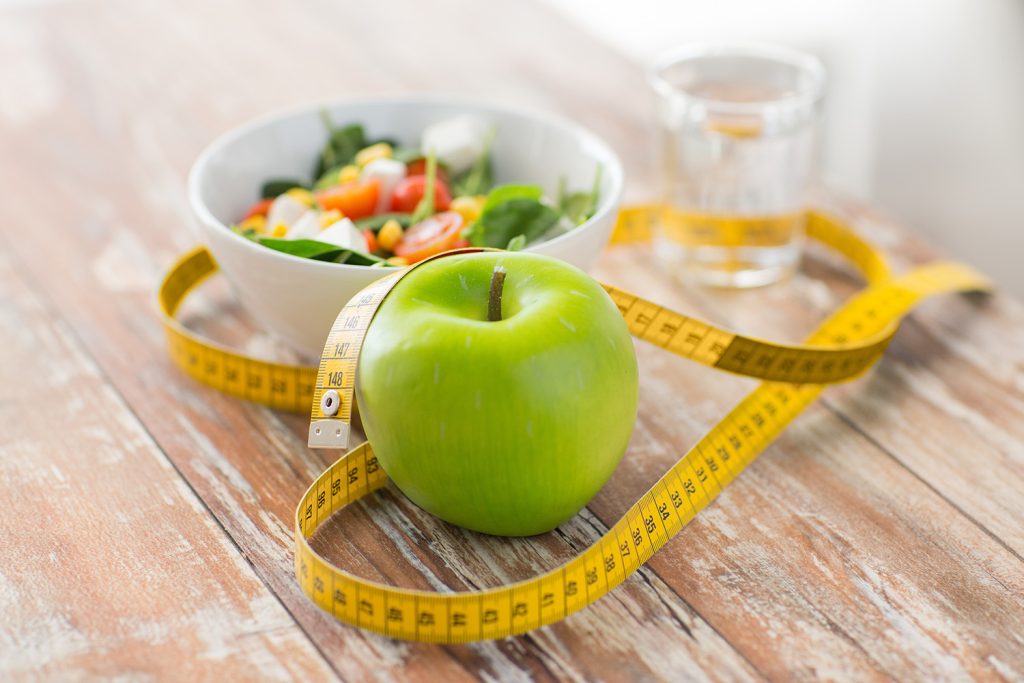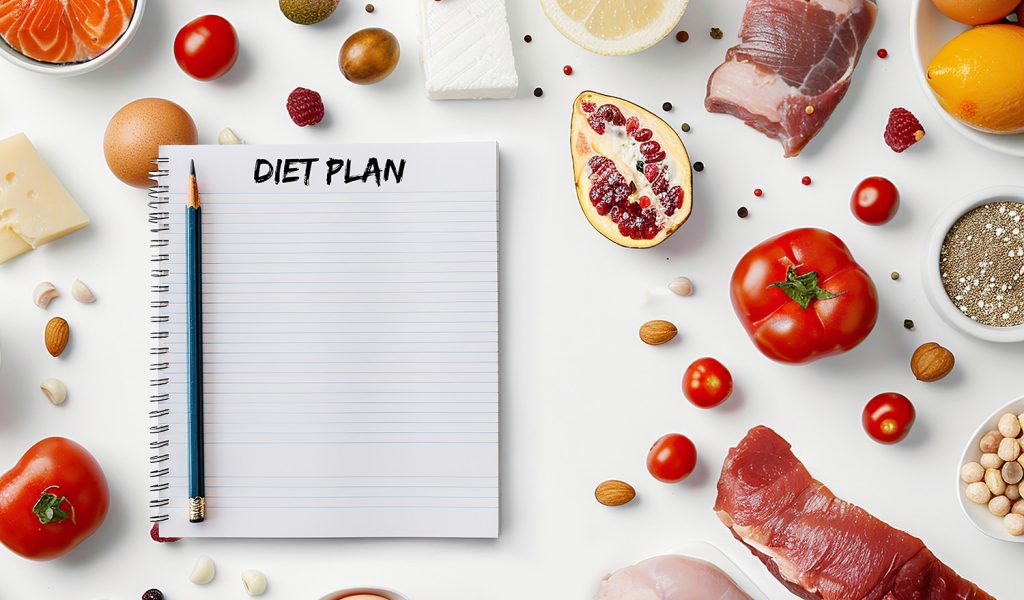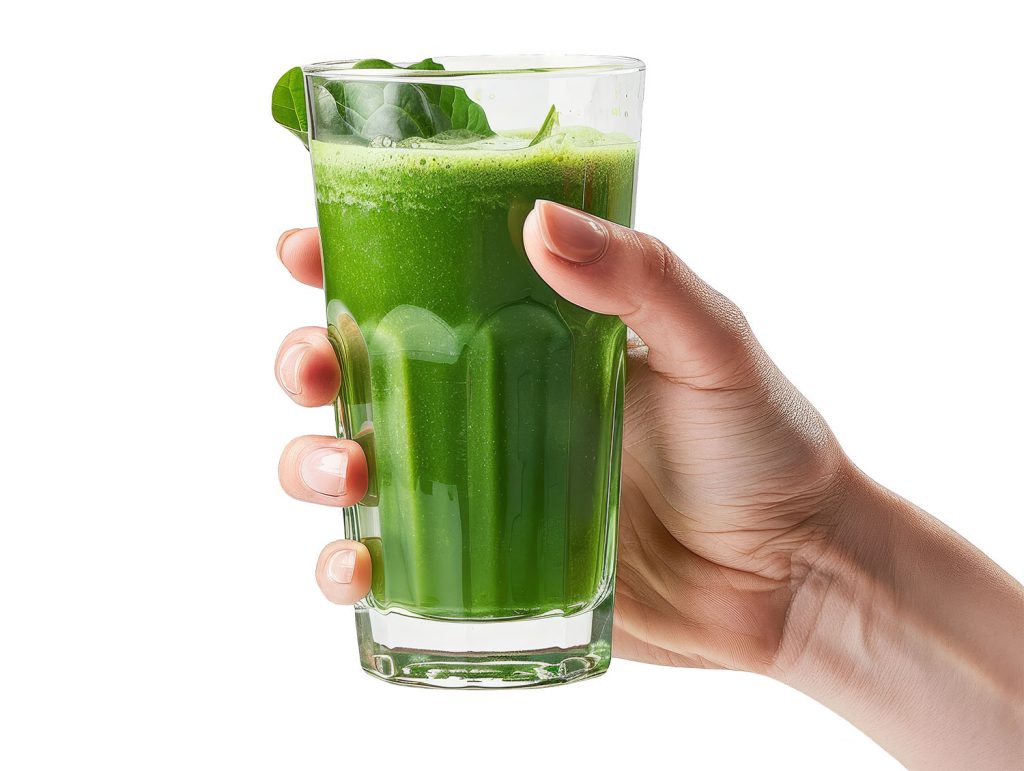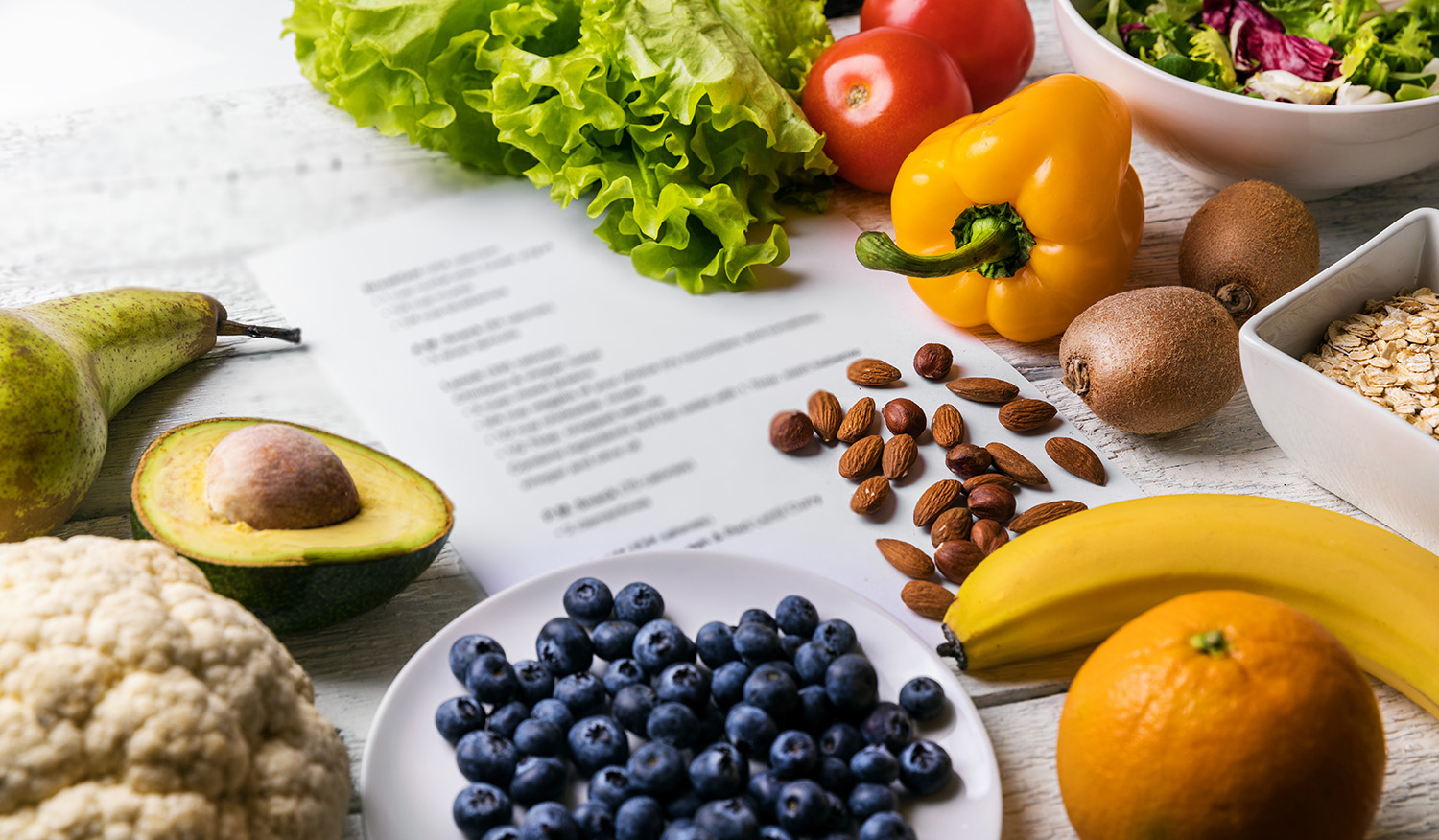
60 second summary:
- Some diets that are popular in the media and online can be very unhealthy
- The more restrictive or different the diet is from your everyday habits, the more likely it is to fail
- You might develop nutrient deficiencies or suffer from loss of muscle
- Whatever weight you lose is often regained
- Instead, focus on adding healthy foods to your diet, such as vegetables, pulses, wholegrains, fruits and eggs
- Eat foods that are high in protein and fibre to help keep you feeling fuller for longer
- Reduce but don’t eliminate more indulgent foods
- Try to adapt the foods you enjoy to make them healthier, e.g. oven bake rather than frying
- Eat slowly and mindfully
Introduction
Whether it’s the New Year or the pre-summer preparation time, trendy diets are never far from the spotlight on social media or in the press. Making healthier changes to your diet and lifestyle can be beneficial at any time of the year. Still, many popular plans might promise the earth but deliver more problems than solutions.
Here’s what to avoid and what to do instead.
Why do fad diets often fail?
You might choose to cut out carbs, grains, dairy foods or sugar or you might opt for a juice diet to try to lose weight and boost your energy levels. However, these often extreme and restrictive diets can seriously affect your physical and mental health.

Here’s why:
- The more foods you cut out, the more likely you are to end up deficient in one or more nutrients. Cutting out carbohydrates or grains like wheat, rice, or oats could result in too little fibre or B-vitamins. For example, too little dairy could risk inadequate calcium and iodine intake unless you’re careful to replace those nutrients with other foods.
- Restricting intake too much will make you feel very hungry which can result in low mood, dizziness, poor sleep and low energy levels. This is typical of very low-calorie diets like juice diets or meal replacement shakes.
- Initial weight loss might be motivating but remember that a lot of the weight you lose in the first week or two of a new diet is water. Over time, your weight loss will plateau as your body gets used to surviving on fewer calories and so you have to constantly reduce your calorie intake to maintain the weight loss. This gets progressively more and more difficult and it becomes hard to motivate yourself.
- The weight you lose is often not just body fat and water but also muscle. Muscle is important in maintaining strength and boosting metabolism so it’s a risk when on a very restrictive diet.

How to make healthy changes without dieting
Try not to focus on weight loss or weighing and measuring yourself. Instead, focus on healthy lifestyle changes that fit in with your existing eating habits.
- Add an extra portion of vegetables or fruit a day. Whether it’s a piece of fruit for a snack or an extra portion of veg with a meal, it will fill you up and be fewer calories than other more energy-dense foods like biscuits, crisps or chips.
- Eat more slowly and focus on really enjoying the taste, smell and texture of each mouthful. If you slow down your eating, you’ll probably find you eat less at each meal because your appetite will kick in before you’ve over-eaten.
- Opt for high protein and high fibre foods as these fill you up for longer without containing too many calories. Try pulses like beans and lentils; wholegrains like oats, brown rice and pasta or wholemeal bread; meat, fish, eggs and soy products like tofu. Vegetables and fruits are also high in fibre and low in calories.
- Only make changes that you think you can maintain over time so adapt the foods you already eat rather than drastically changing your diet. For example, instead of fried chicken, try an oven-baked version instead.
- Try to get the whole family involved as everyone can benefit from eating more vegetables and wholegrains and eating less sugar, salt and fat.
- Try to incorporate movement into your daily life, whether it’s a daily walk around the block or a few squats every time you wait for the kettle to boil. It doesn’t have to involve an expensive gym membership!
- Diets that are very different from your typical eating habits, particularly when the rest of the family or people around you are eating the foods you used to eat and love, can be very hard to maintain because they require a lot of effort to prepare, may not be to your taste or may be boring.
- Dieting strictly can be socially excluding as you miss out on eating with family and friends which can make you feel low and isolated.
- Once you stop dieting or as you inevitably resume some of your old habits as the diet becomes more difficult to maintain, you will usually regain most of if not all of the weight you have lost. In fact, many people end up heavier than they began!
Final thought…
In short, make it less about what you are not eating and more about what you ARE eating. Above all, enjoy your food.
Claire Baseley – Consultant Nutritionist
